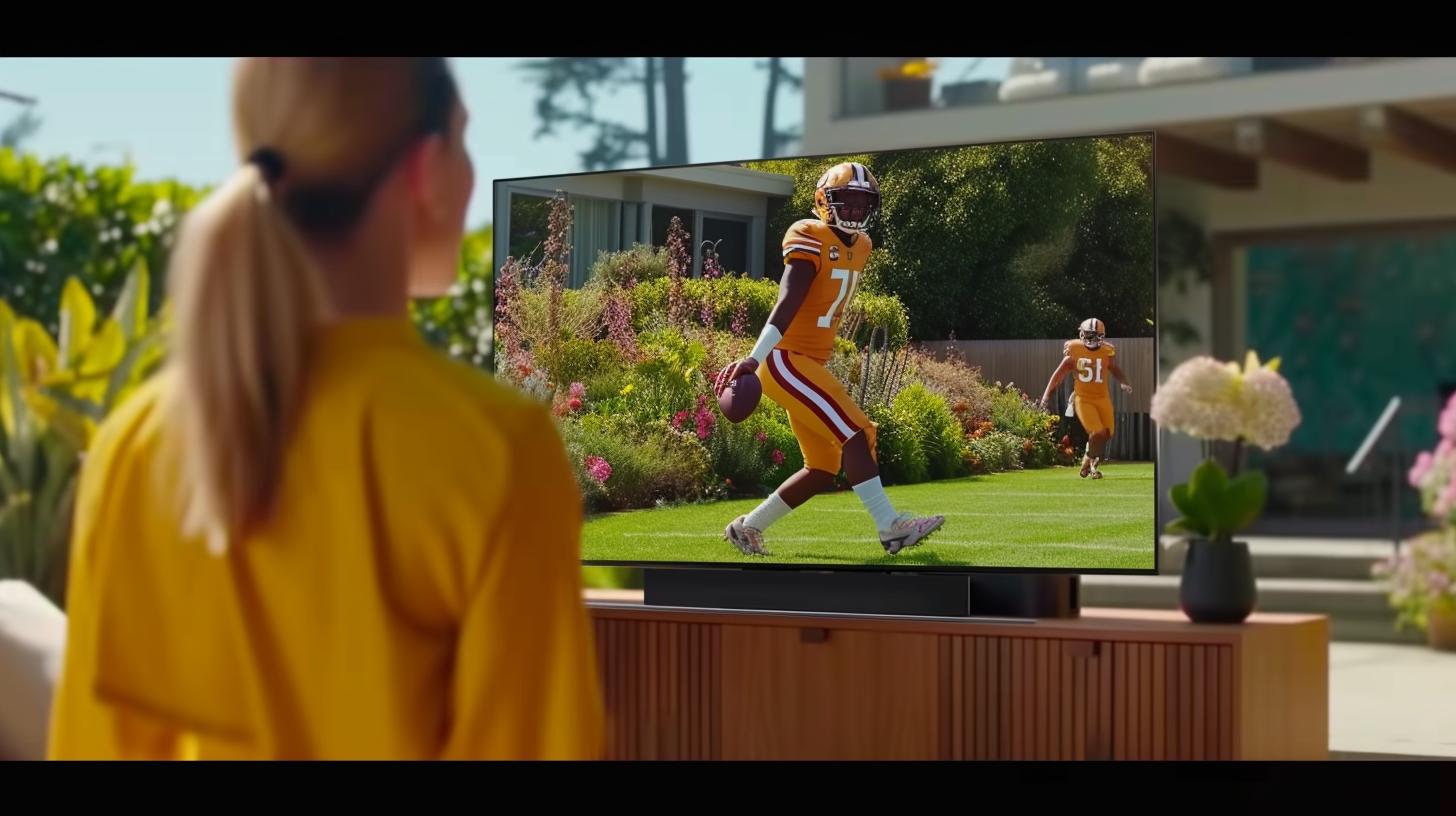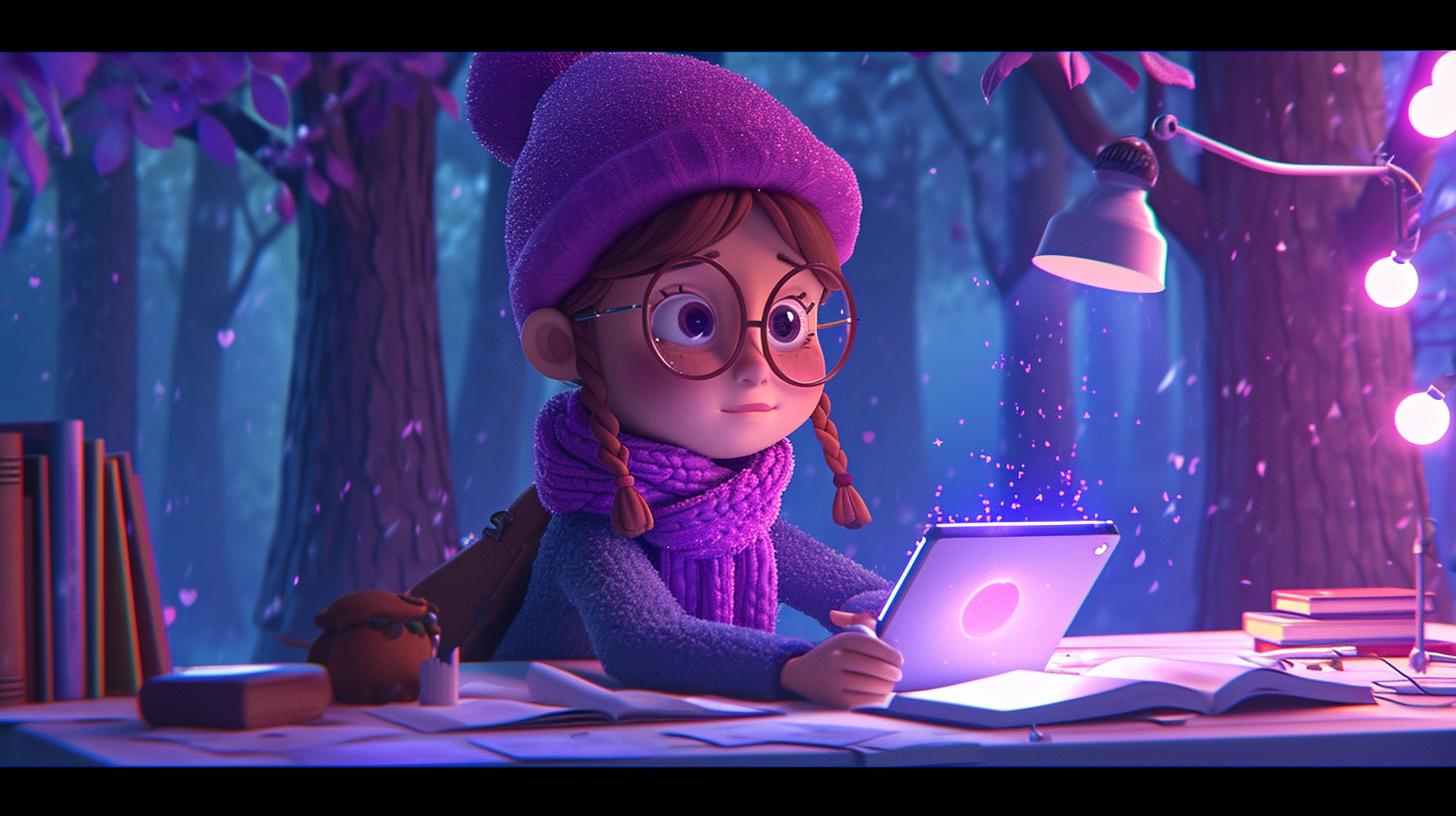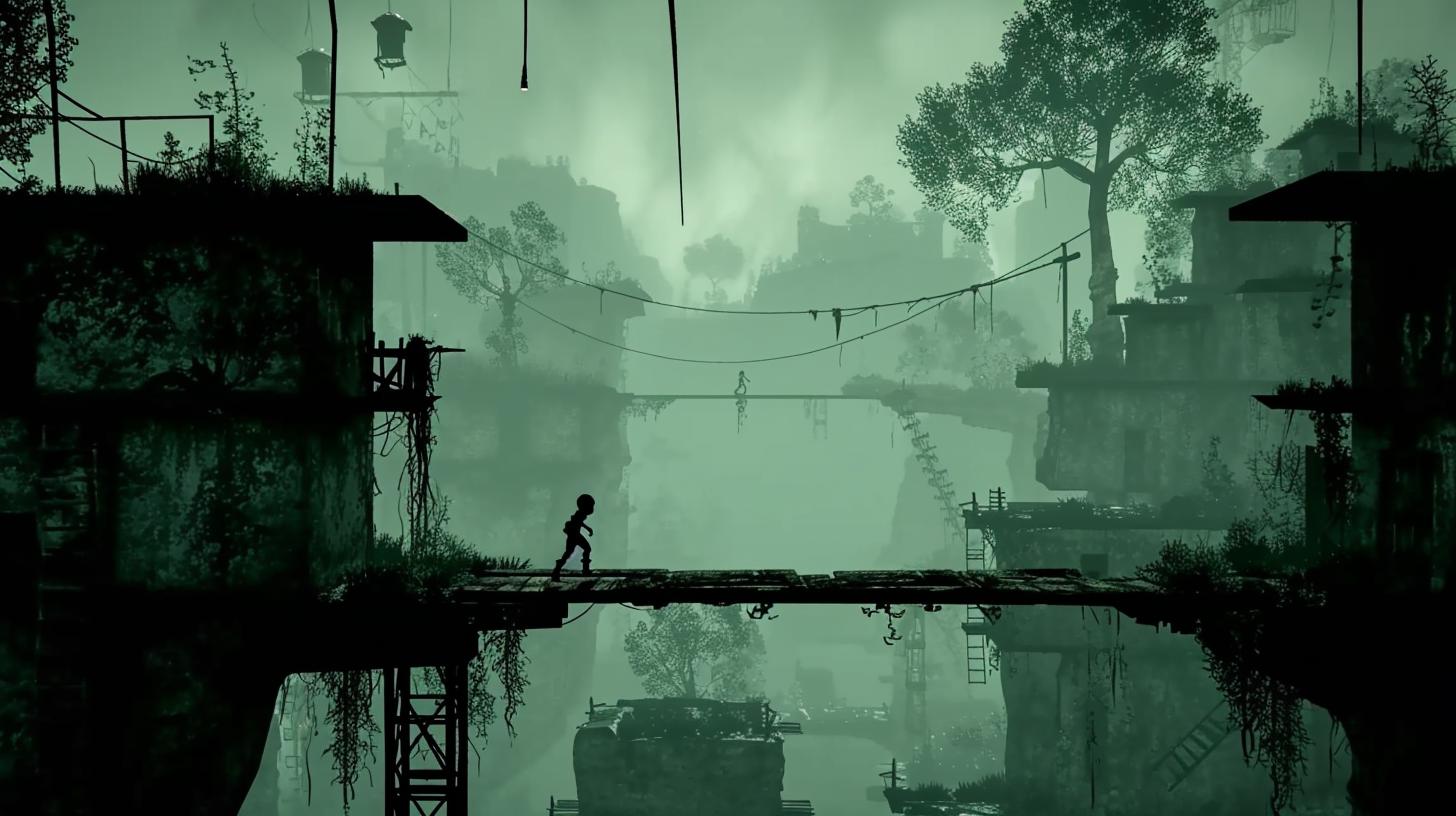
Nintendo’s stringent control over its intellectual property has expanded beyond its usual targets, as the company has now taken legal action against musicians who create and distribute arrangements of its game music. In an unexpected move, Nintendo has issued DMCA takedowns to at least two artists over their adaptations of the company’s iconic themes, a decision that has stirred controversy and disappointment within the music and gaming communities.
Sheet Boss Music, one of the affected parties, disclosed this development, expressing dismay over Nintendo’s decision to target correctly licensed sheet music. According to the musician, not only does this action harm the creators by discouraging them from engaging with the music they passionately reinterpret, but it also impacts the original artists behind the Nintendo themes, who will miss out on royalties generated from these arrangements. Furthermore, fans and aspiring musicians are left without access to sheet music for numerous Nintendo compositions that are otherwise unavailable.
The DMCA takedown has raised questions regarding Nintendo’s rationale for targeting musicians now, given its long history of safeguarding its intellectual properties. This recent action underscores the unpredictable nature of Nintendo’s legal maneuvers concerning fan-created content. Makers of fan art, game mods, and now musical arrangements live with the constant uncertainty that their tributes, no matter how affectionately crafted or legally compliant, might be forcibly removed at any time.
The situation has prompted a wave of sympathy and frustration from the online community, with many voicing their disappointment over Nintendo’s approach to fan engagement. Critics argue that instead of celebrating fans’ creativity and dedication, Nintendo is choosing to alienate a vibrant community that has long supported and promoted its franchises through various forms of homage.
In response, Sheet Boss Music has assured their followers that they are actively seeking a resolution to this predicament, though they remain disheartened by this setback. As of now, the future of fan-made Nintendo music arrangements remains uncertain, with composers and arrangers left wondering whether their next project might attract unwanted legal attention from the gaming giant.
This incident highlights the ongoing struggle between copyright holders and creators within the digital landscape. While copyright laws aim to protect original works, the enforcement of these laws often leads to conflicts that can stifle creativity and hinder the sharing of music and art that celebrate and extend the life of beloved cultural treasures like those of Nintendo.
Source



